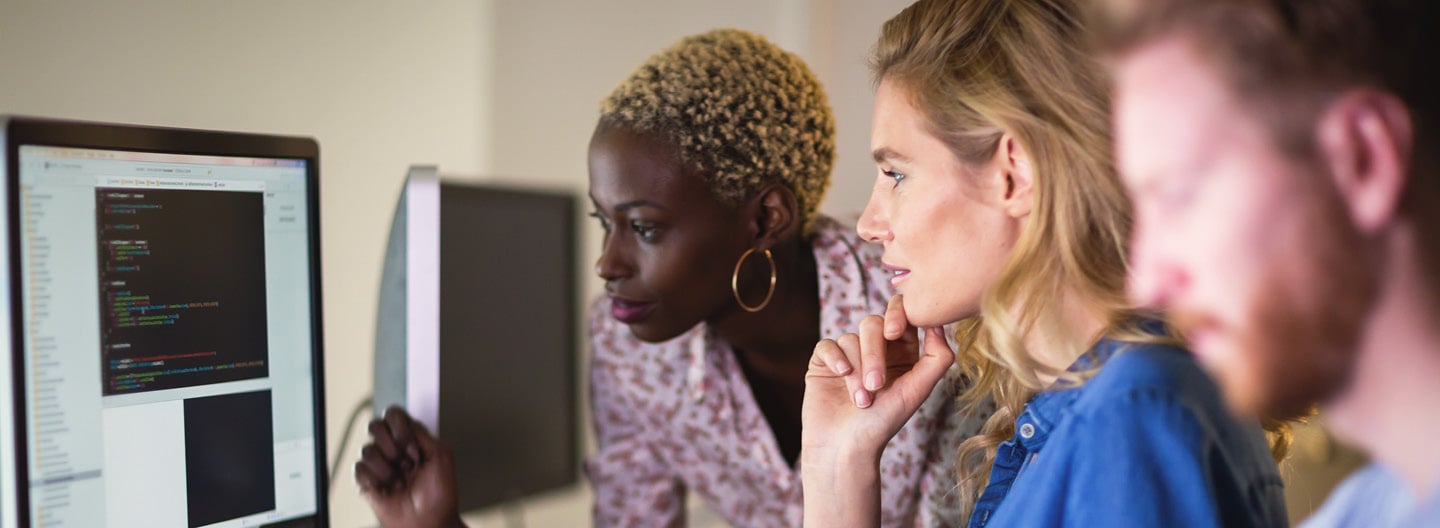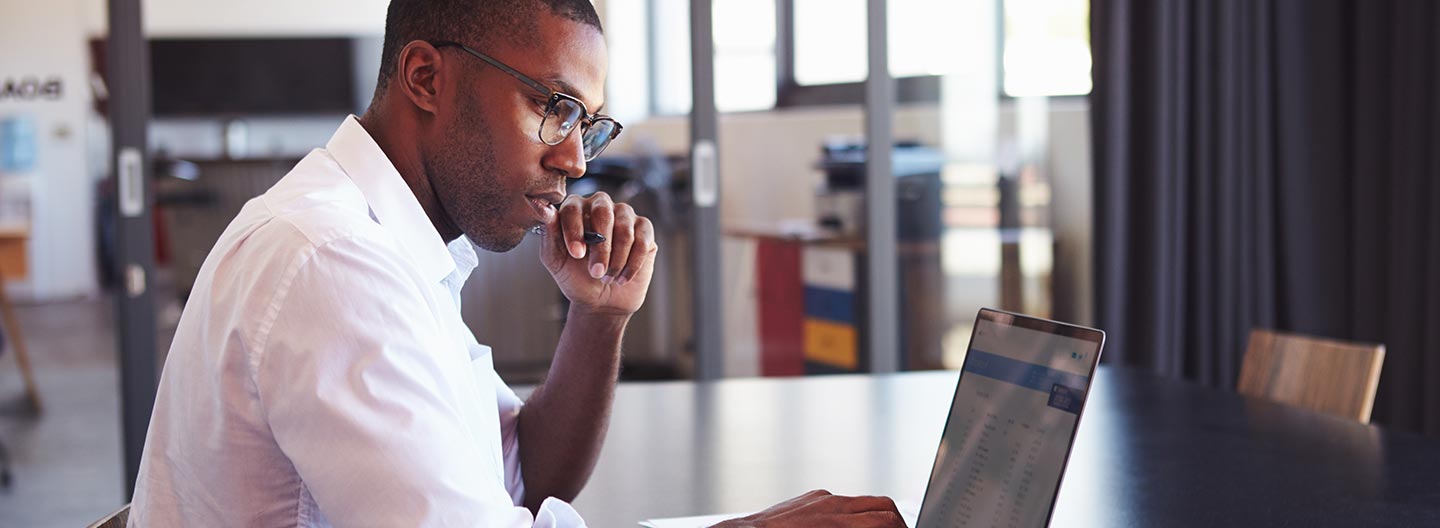We have to be willing to do the hard work to put an end to brutality, to racism, to inequities.
The recent killings of George Floyd, Breonna Taylor, Ahmaud Arbery, and so many others have shocked and outraged people around the world. They are three names of hundreds, of thousands. Some known, some lost over the last 400 years. They are humans inside a history of systemic racism that enables discrimination and protects the violation of human rights. Systemic racism that silences the voices of so many.
How can we go on, with business as usual?
At TechSoup, we believe in the power of civil society to hold open the spaces for inclusive conversations that are the building blocks of new systems that value justice for everyone. But we must recognize that civil society is also shaped by the very institutional inequity we are seeking to redress. At the most basic level, the communities most impacted by generations of injustice are the least likely to have access to the resources and technology that so many of us take for granted.
That means as leaders of a civil society organization, we have to hold ourselves accountable, too: We have built the infrastructure to democratize access to technology, to democratize investments. We must acknowledge that our successes have happened inside a social and economic system that was designed to perpetuate oppression.
In these times, we have decided to be explicit about the obvious:
Black lives matter.
We oppose the killing of Black people by U.S. law enforcement.
We oppose the systems that encourage and enable these human rights violations.
We oppose a system that emphasizes resources for oppression, policing, and imprisonment at the cost of resources for health care, education, and restorative justice.
We need more than the reallocation of resources; we need systems changed. We need to be a part of that, in our organization, in our communities, and in our country.
This is what we are doing right now to address a piece of the crisis in the U.S.:
- Continue to investigate our own privilege so that we can embed racial equity into our work.
- Make the reach of our platforms available for the voices that need to be heard. Right now, at this moment, that means:
- Active listening
- Amplifying the messages of Black-led community organizations, philanthropists, and journalists
- Inviting others who want to make use of our platform to use it to share their messages and engage others in communication
- Raise money to defray the costs and support the optimization of technology for Black-led organizations and community groups.
We know these actions are a small piece of what is needed. We are equally committed to engaging in this conversation with all of you, making change happen in the society around us, and finding ways to contribute and create more value.
We need a world that is just for all. That will take a tremendous amount of work at individual, organizational, and societal levels. We want to be a part of that change — leading where leadership may be absent and following where that will provide the greatest value.
We want to write, here, that systemic racism, police brutality, injustice, and violence to Black people has got to stop. But we know that. We've known that for more than 400 years. We must be braver, faster, and more vigilant. We must all do more to put ourselves forward. That much is clear.
Let us do this work together so that we can have the equitable communities to which we all aspire.






